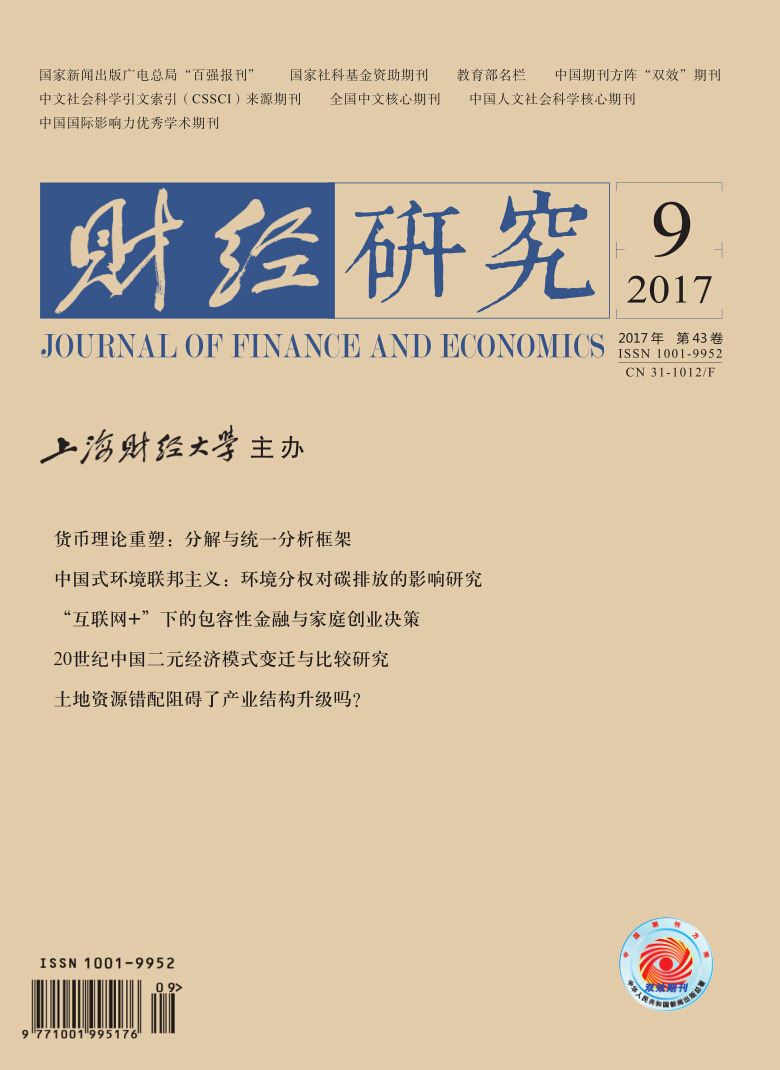高校扩招政策的冲击远超出了劳动力市场,我们应以更广阔的视角来综合评估其对大学毕业生福祉的影响。文章利用中国综合社会调查数据,基于"局部干预效应"概念框架,识别出教育成就受扩招政策差异化影响的不同群体,然后运用双重差分法定量评估了扩招政策对他们幸福感的异质性干预效应。研究表明:(1)招生规模激增削弱了那些即使没有发生扩招也能继续深造者在劳动力、婚姻等市场上的竞争优势,从而降低了他们的幸福感。(2)那些受益于扩招政策而有机会接受大学教育的人,由于大学生活和毕业前景与他们之前所想象的落差较大,其幸福感并未因此而提高。在我国高等教育发展从数量扩张阶段向质量提升阶段转型之时,文章从主观福利视角为家庭如何进行教育投资提供了参考,也为政府部门如何应对扩招政策的负面影响提供了决策依据。
高校扩招降低了大学毕业生的幸福感吗?
摘要
参考文献
9 杨东平.中国教育公平的理想与现实[M].北京:北京大学出版社, 2006.
10 张俊森, 李宏彬.中国人力资本投资与回报[M].北京:北京大学出版社, 2008.
11 Angrist J D, Pischke J S.Mostly harmless econometrics:An empiricist's companion[M].Princeton NJ:Princeton University Press, 2009.
12 Chen W.How education enhances happiness:Comparison of mediating factors in four East Asian Countries[J].Social Indicators Research, 2012, 106(1):117-131. DOI:10.1007/s11205-011-9798-5
14 Downey D.When bigger is not better:Family size, parental resources, and children's educational performance[J].American Sociological Review, 1995, 60(5):746-761. DOI:10.2307/2096320
15 Ferrer-i-Carbonell A.Income and well-being:An empirical analysis of the comparison income effect[J].Journal of Public Economics, 2005, 89(5-6):997-1019. DOI:10.1016/j.jpubeco.2004.06.003
16 Frey B, Stutzer A.What can economists learn from happiness research?[J].Journal of Economic Literature, 2002, 40(2):402-435. DOI:10.1257/jel.40.2.402
17 Hu A.The changing happiness-enhancing effect of a college degree under higher education expansion:Evidence from China[J].Journal of Happiness Studies, 2015, 16(3):669-685. DOI:10.1007/s10902-014-9528-1
18 Imbens G W, Angrist J D.Identification and estimation of local average treatment effects[J].Econometrica, 1994, 62(2):467-475. DOI:10.2307/2951620
引用本文
马汴京. 高校扩招降低了大学毕业生的幸福感吗?[J]. 财经研究, 2017, 43(9): 50–61.
导出参考文献,格式为:
上一篇:预期寿命、年金市场与经济行为





 9506
9506  6237
6237

